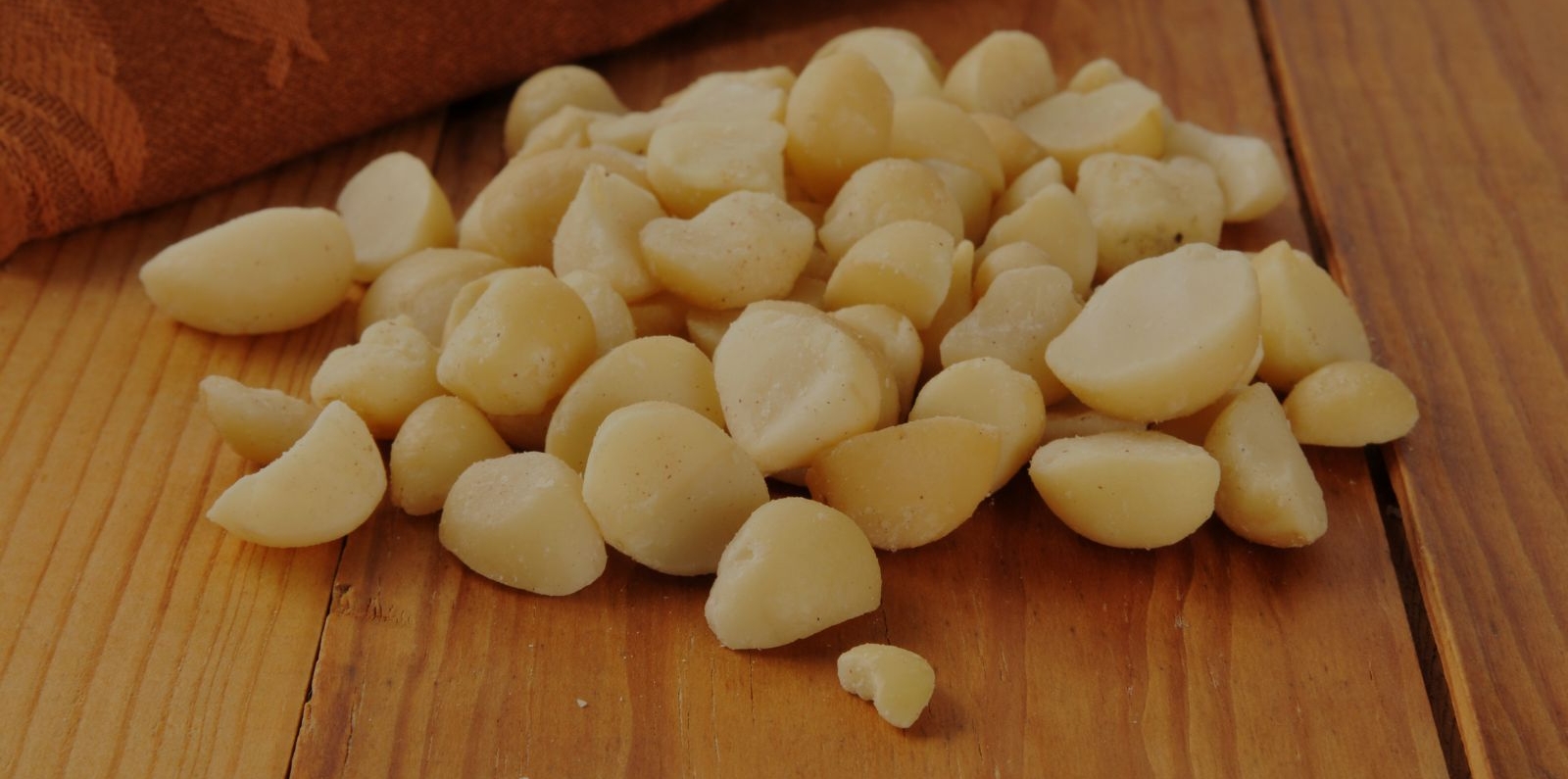When Nadeem Ahmed buys a cup of coffee on the streets of London, it’s not the anticipatory caffeine rush that occupies his thoughts in the moments before he takes his first sip. Rather, Ahmed is thinking of the steep price he just paid—particularly compared to the rock-bottom fee the coffee farmer thousands of miles away likely received.
For Ahmed, it’s a dilemma that’s more than just theoretical. As founder and chairman of UK-based Global Tea and Commodities Ltd, one of the fastest growing integrated tea, coffee and macadamia nut companies globally with more than 4,500 employees, Ahmed’s mission is to deepen the market for African commodities. The goal is not just to supply raw coffee beans, tea leaves or nuts—but instead provide processed, finished, and packaged products, ready to be sold to consumers in the West.
“Just think of the impact if we are able to add value to what we are doing so that Africa isn’t just supplying commodities,” he said, during a recent visit to Washington D.C. “If we are able to create this shift, the margins and profits now happening elsewhere would instead take place in Africa.”
Ahmed, who was born and raised in Kolkata, now calls London home, though he commutes to Africa regularly for work. He became interested in business opportunities on the continent almost by accident: On holiday in Kenya more than 30 years ago, he saw tremendous potential, and unlike his native India, he said, competition was sparse.
“It’s a myth that investments in countries with financial difficulties are somehow unsafe,” he said. “A fragile country doesn’t mean that the investment is insecure. If anything, I’ve found the opposite: governments in fragile countries are proactive in supporting investments.”
Ahmed’s close work with the Private Sector Window of the Global Agriculture and Food Security Program (GAFSP) is creating a “win-win” for smallholder farmers in Malawi and Global Tea alike. “We’re changing the lives of thousands of farmers and their families, not just by giving plants, but also upskilling farmers and teaching financial literacy. This has been a huge opportunity to affect the lives of people around the business.”
Though convincing farmers to grow macadamia nuts took effort—they bear some fruit in five years but show real economic returns only after a decade—Ahmed says that farmers quickly saw the business sense behind transitioning to nuts. “Growing macadamia takes patience, but it also means earning more money for the rest of the farmer’s life,” he noted. Macadamia nuts are still a growing market in many countries, Ahmed says, where the small and relatively pricey nut remains largely unfamiliar. “If people start buying macadamia the way they buy cashew and peanuts, there will be a huge shortage and prices will continue to increase.”
Ahmed says that his relationship with GAFSP has enabled Global Tea to fast-track their progress with smallholders in Malawi. “Our work with IFC’s Advisory Services team has pushed us to places we would have been reluctant to go so quickly. We’ve done in two years what we otherwise might have done in ten. And IFC and GAFSP have provided more than just an investment: they’ve given us the wherewithal to deal with issues we wouldn’t otherwise have had the skillset or bandwidth to tackle on our own.”
